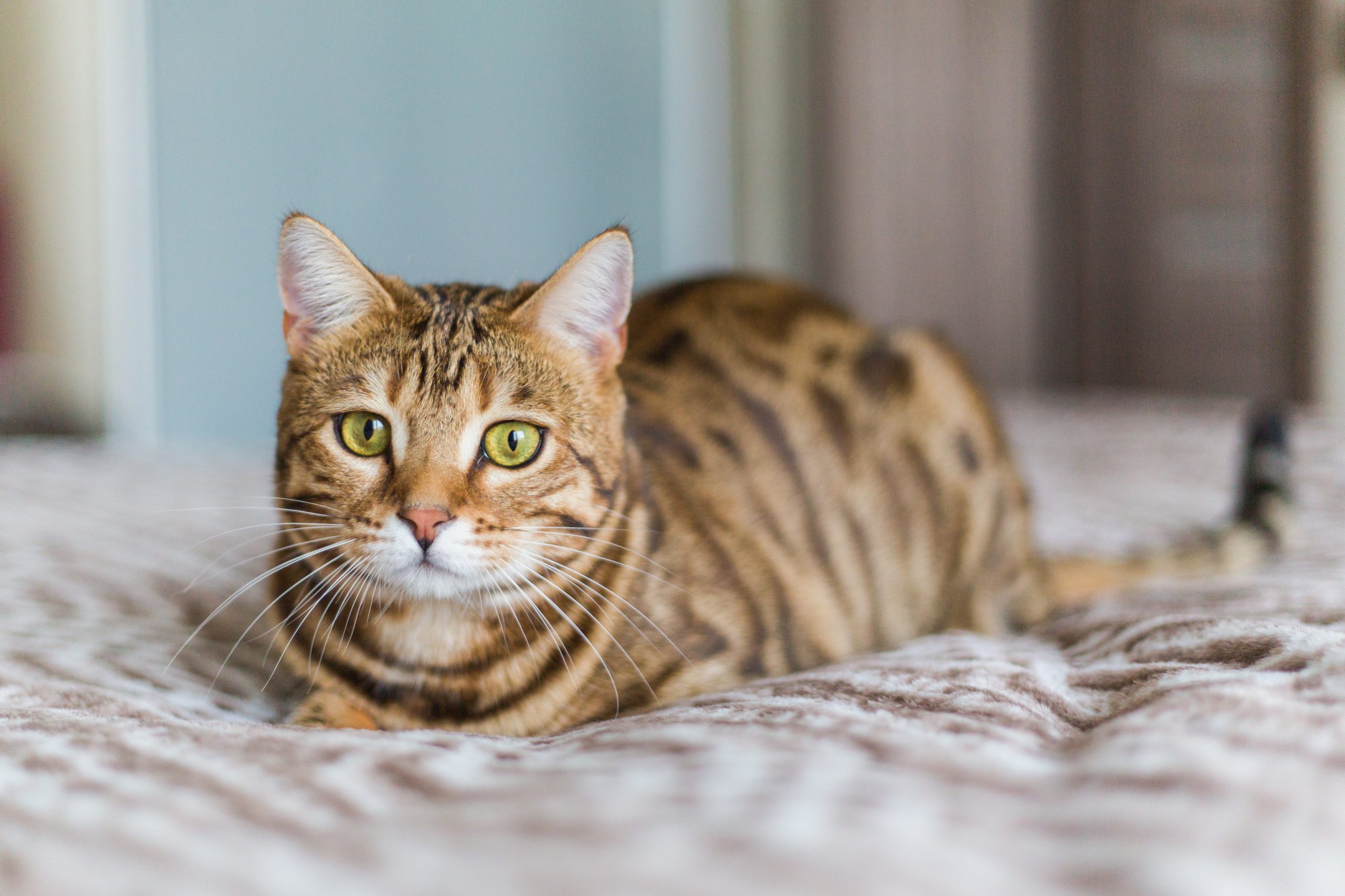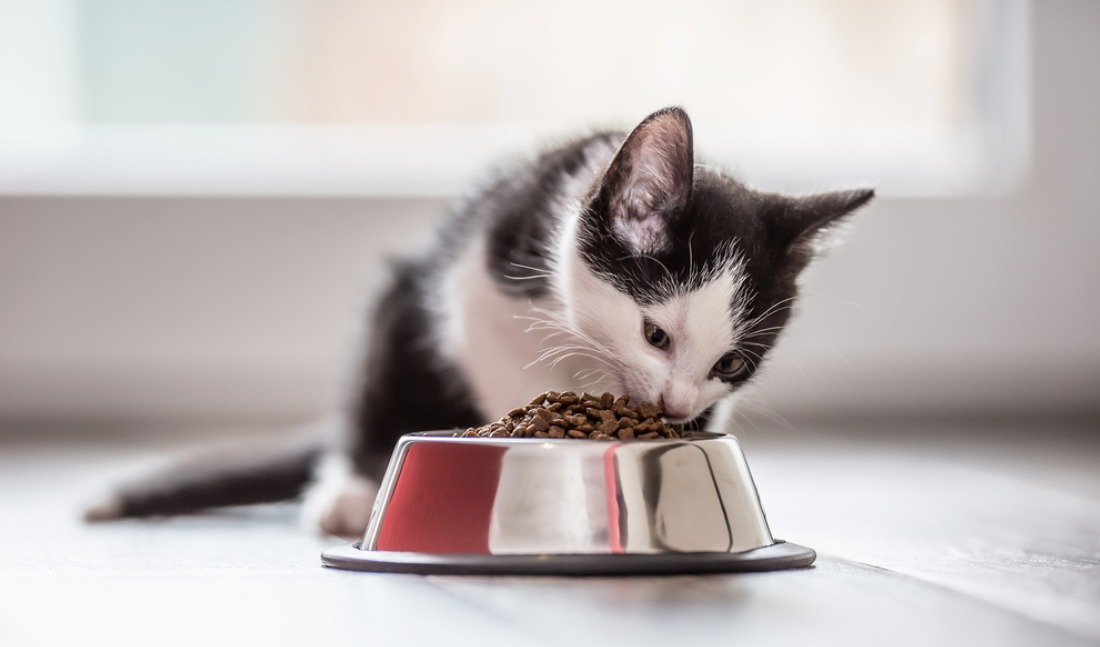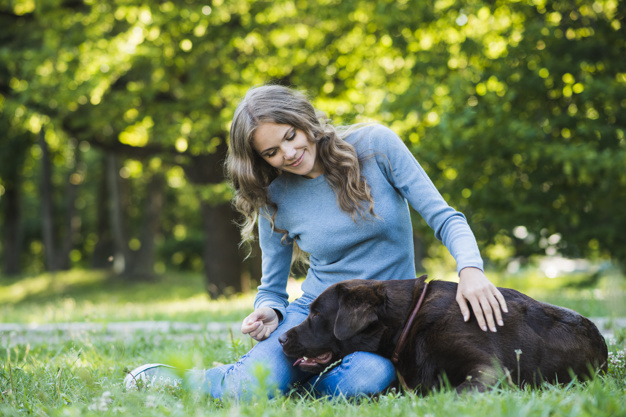
The All & About team recently visited the Dragon Animal Care Center – a veterinary center located in Duhail. We explored their facilities and services, such as veterinary services, pet hotel, dog training, pet grooming, pet supermarket, and animal relocation.
We were excited to speak to one of the veterinarians, Dr. Lanafeil Surio Morales about microchipping. Dr. Lana is a veterinary doctor who specialises in small animal medicine, soft tissue surgery, orthopedics, orthodontics, and ophthalmology.
Here’s an insight into our talk with Dr. Lana :
Getting your pet microchipped is similar to a routine vaccination. In a few quick seconds, your veterinarian can give your pet a permanent ID.
So Doctor, firstly, what is a microchip?
Dr. Lana : Microchip is a tiny device about the size of a grain of rice that provides your pet with permanent electronic identification. It is injected under the skin between the shoulder blades by a Veterinary Doctor without an anesthetic and it is a very simple procedure. It’s harmless for any pets and made compatible with living tissues in their body. It serves a purpose to identify to whom a pet belongs.
How does it work?
Dr. Lana : Microchips consist of 15 digit numbers that can be accessed worldwide by the microchip scanners. It is read by passing a microchip scanner over the pet’s shoulder blades and the microchip’s unique cat or dog ID code will positively identify the pet.
How does one identify the microchip?
Dr. Lana : Microchips can be identified with microchip scanners. Once a pet has been microchipped at a veterinary, pet owners should register their pet’s identification number into the Microchip DataBase in Qatar. Only then anyone will be able to track the pet’s identification number. In Qatar, the database collection is input into the following website https://www.petsafeqatar.com/. So pet owners should make sure the microchip is registered there.
How does a microchip help reunite a lost animal with its owner?
Dr. Lana : When an animal is found and taken to a veterinary clinic, one of the first things we do is scan the animal for a microchip. If we find a microchip, and if the microchip registry has accurate information, we can quickly find the animal’s owner.
Why should one get their pet(s) microchipped?
Dr. Lana : Microchips help a lot with tracking pets that are lost or found. Even if an unfortunate event happened to the pet such as if it was found dead – we will be able to identify the pet and let the owner be informed about it.
Microchipping is also used to identify your pets that might be of the same breed. As an example, a pet parent has two dogs of the same breed, but they could not seem to remember which one needed an extra vaccination or treatment, the owner will be able to disguise which one of their pets needs it when checked at their veterinary center.
Do these microchips expire?
Dr. Lana : Once a microchip is inserted under a pet’s skin, it does not have to be renewed. Unlike a collar that can be loosened, this is a permanent method to always make sure your pet can be returned to you which is why it is highly recommended.
Are there any side effects of microchipping pets?
Dr. Lana : There are none because the microchip is well absorbed and accepted by the skin and body of a pet once it has been inserted. Even some birds are microchipped. If after getting microchipped, your pet starts oozing or swelling in that area – immediately contact your veterinarian.
Why must pet owners check the microchip annually?
Dr. Lana : Besides updating registry information, it’s compulsory to be reassured that the microchip is still functioning or not. It is needed as to be cautious in case of the worst scenarios if one’s pet gets lost or stranded somewhere.
What is the likelihood of a pet owner getting their microchipped pet(s) back if lost?
Dr. Lana : Research has proven that more than 7,700 stray animals at animal shelters illustrated that dogs that are not microchipped were returned to their owners 21.9% of the time, whereas dogs that are already microchipped go back to their owners 52.2% of the time. With the cases of cats – 1.8% of cats that are not microchipped return to their owners whereas the ones that are microchipped were able to return home 38.5% of the time. In cases where a microchipped pet was not returned to their pet parents, it is majorly for the reason of incorrect owner information (or none) in the registered microchip database. So we truly suggest that pet owners always make sure to register the right information and if you have moved from places to places, make sure to update your details regularly at least once in a year (while you also scan the microchip to check whether it is still functioning and can be detected or not) with your veterinarian.
What are the different types of microchips that are provided in Qatar?
Dr. Lana : There are two types of microchips – one with the letters and numbers which are known as the non-ISO microchips, and the other that contains only 15 digit numbers are called ISO-compliant microchips (ISO stands for ‘International Standards Organization’). If a pet’s ISO microchip was being scanned and the scanner could not identify the code, then it would be the non-ISO microchip.
Does Dragon Animal Care Center have scanners for the two types of microchips that is used in Qatar?
Dr. Lana : Yes, we have it. So you are most certainly welcome to check your pet’s microchip functionality or check a lost pet’s microchip to know who it belongs to, at our veterinary center.
We truly thank Dr. Lana and Dragon Animal Care Center for their time to help us gain more insights and understanding on how important it is to get our pet microchipped.
Dragon Animal Care Center offers their services with qualified and passionate professionals you can consult with regarding anything to do with animals and pets. We can guarantee you that the center has the most pet-friendly staff that will treat your pet(s) with utter care like no other.
To consult, schedule a reservation for checkups, or simply to visit the Dragon Animal Care Center – you may reach out to them with the following contact details below:
Address: Duhail Ain Bin Bahar Street Building-8, Street-964, Zone-31، Doha
Opening Hours: Sunday-Saturday, 08.00AM-12.00AM
Fridays: 08.00-11.30AM, 12.30-12AM
Phone: 4441-1866
FaceBook: https://www.facebook.com/dragonanimalcarecenter/
Instagram: https://www.instagram.com/dragonanimalcarecenter/?hl=en
Website: https://www.dragonqatar.com/






Leave A Comment
You must be logged in to post a comment.